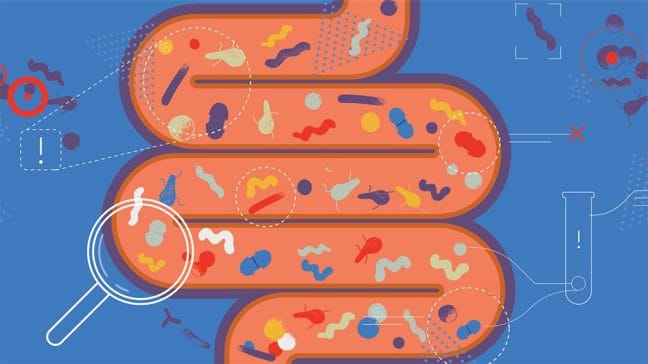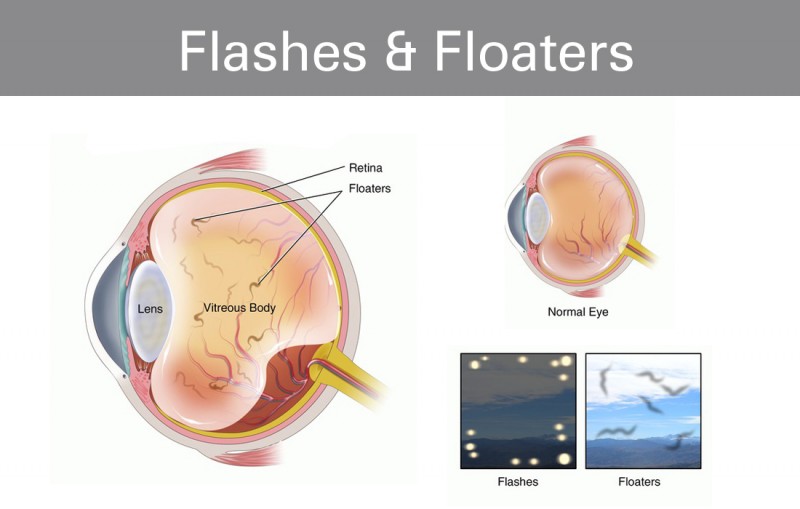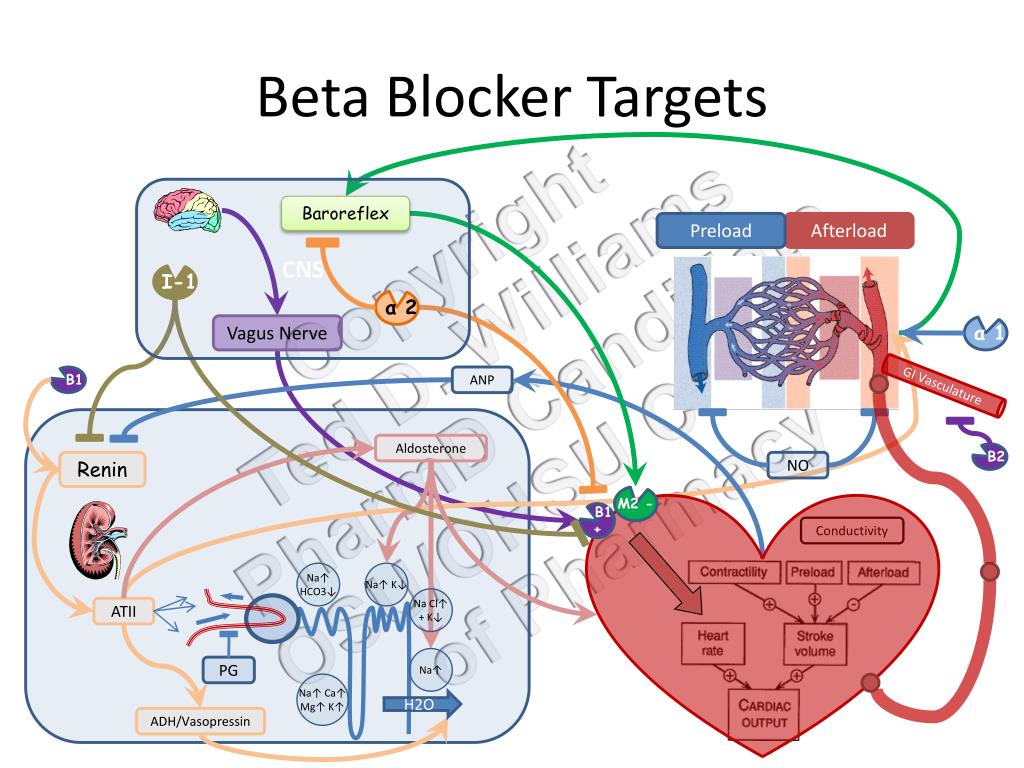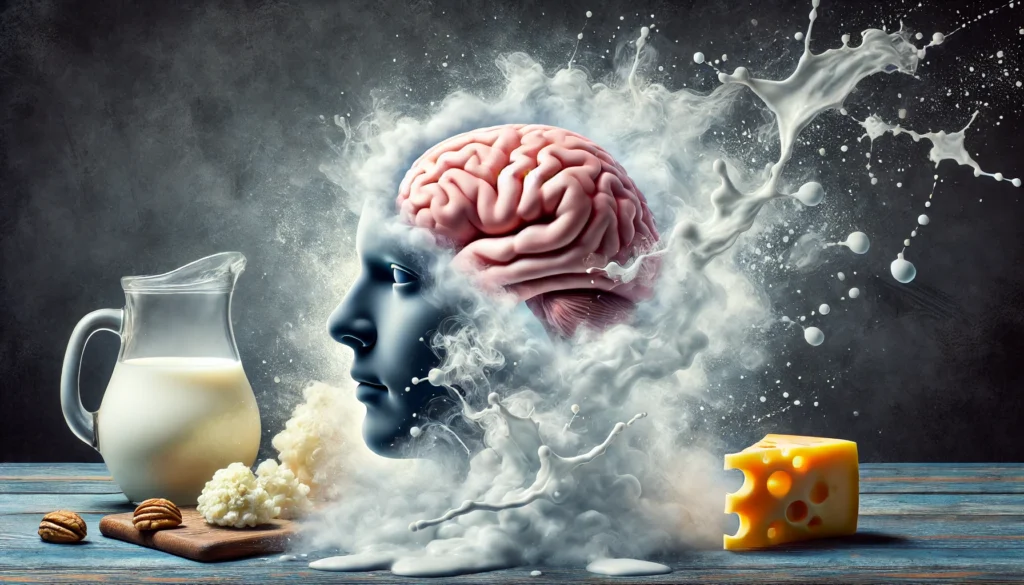Can Alcohol Kill Bacteria in the Body? Separating Fact From Fiction

We’ve all heard the age-old adage: “A little whiskey kills the germs.” But is there any truth to this popular belief? Can alcohol actually fight off infections inside the body?
The short answer is: It’s complicated. While alcohol does possess some antimicrobial properties, its effectiveness in battling infections within the body is a nuanced topic. Let’s dive deeper into the science behind alcohol and its impact on bacteria.
Alcohol and its Germ-Fighting Properties
Alcohol, particularly ethanol, is known to have disinfectant and antiseptic properties. This is why it's a common ingredient in hand sanitizers, disinfecting wipes, and other antibacterial products.
Here's how alcohol works against bacteria on surfaces:
- Denatures Proteins: Alcohol disrupts the structural integrity of proteins within bacteria. These proteins are essential for various cellular functions, and their disruption leads to bacterial death.
- Dissolves Membranes: Bacterial cell membranes are crucial for maintaining cellular integrity. Alcohol can dissolve these lipid-based membranes, compromising the cell's structure and causing leakage of its internal components.
The Reality Check: Alcohol Consumption and Internal Infections
While alcohol can effectively eliminate bacteria on external surfaces, its role in combating infections within the body is significantly different. Consuming alcohol does not translate to a direct, systemic antibacterial effect. Here's why:
- Dosage and Concentration: The concentration of alcohol required to kill bacteria is much higher than what is considered safe for consumption. Ingesting enough alcohol to reach these concentrations would be extremely dangerous and potentially fatal.
- Absorption and Metabolism: When you consume alcohol, it's rapidly absorbed into the bloodstream and metabolized by the liver. This process significantly dilutes the alcohol, making it far less effective against bacteria within the body.
- Body's Defenses: Your immune system plays a vital role in fighting off infections. Alcohol consumption, particularly in excess, can actually weaken the immune system, making you more susceptible to infections rather than protecting you from them.
The Risks of Relying on Alcohol for Infection Control
It's crucial to understand that consuming alcohol should never be considered a substitute for proper medical treatment for infections. In fact, relying on alcohol for this purpose can be detrimental to your health:
- Worsening Infections: Consuming alcohol while fighting an infection can interfere with your body's natural healing process and may even worsen the infection.
- Drug Interactions: Alcohol can interact negatively with various medications, including antibiotics, potentially reducing their effectiveness or causing harmful side effects.
- Long-Term Health Risks: Excessive alcohol consumption is linked to a wide range of serious health problems, including liver disease, heart disease, and certain types of cancer.
Final Thoughts: Seeking Evidence-Based Treatment
The notion that drinking alcohol can cure infections is a misconception. While alcohol does possess some antimicrobial properties, its effectiveness is limited to external surfaces and at concentrations unsafe for consumption.
When it comes to treating infections, it's always essential to rely on evidence-based medicine. Consult with a healthcare professional for proper diagnosis and treatment. Remember, self-treating with alcohol can have serious consequences for your health.















Comments ()